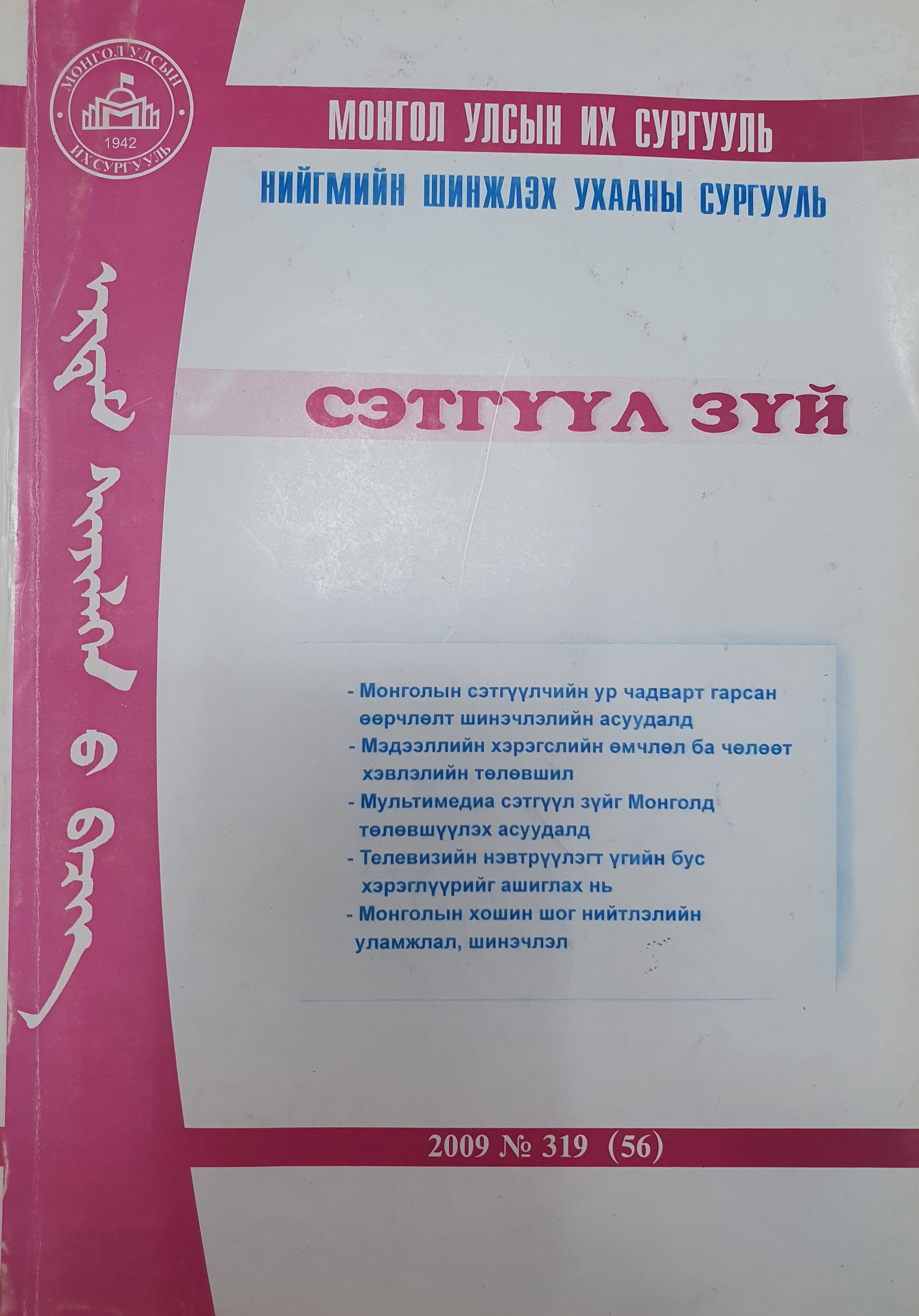ЗАИМСТВОВАНИЯ В РОССИЙСКОМ ТЕЛЕЭФИРЕ
Keywords:
заимствование, язык-рецептор, реципиент, автохтонный язык, толерантность, аллолингвофилия, трансформаций ментальных стереоти-пов и моделей поведения носителей языка.Abstract
This article is about borrowing words from English in the Russian television.
Borrowing is a consequence of cultural contact between two language communities. Borrowing of words can go in both directions between the two languages in contact, but often there is an asymmetry, such that more words go from one side to the other. In this case the source language community has some advantage of power, prestige and/or wealth that makes the objects and ideas it brings desirable and useful to the borrowing language community.
English has gone through many periods in which large numbers of words from a particular language were borrowed. These periods coincide with times of major cultural contact between English speakers and those speaking other languages.
The language of mass media, whether it is newspaper or television, has the tendency to apply the process of simplification of expressi-ons and nativization for the loan words and loan blends. The phenomenon of nativization of foreign linguistic elements in television prog-rams including advertisements is observed commonly.
Downloads
Published
Issue
Section
License
Copyright (c) 2024 Сэтгүүл зүй

This work is licensed under a Creative Commons Attribution-NonCommercial 4.0 International License.




